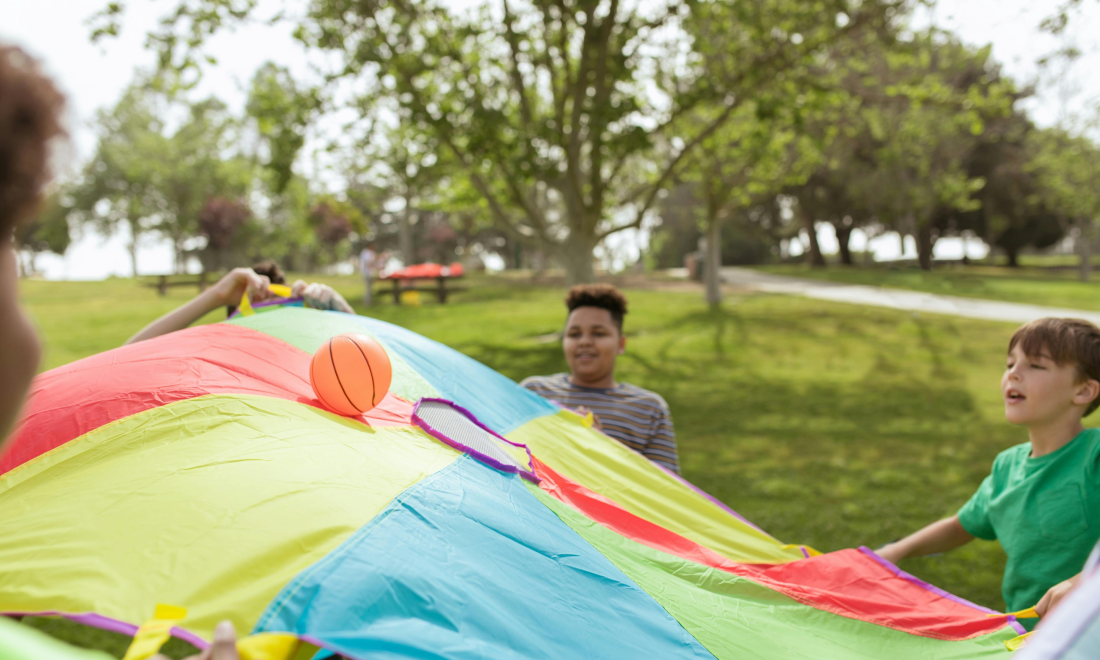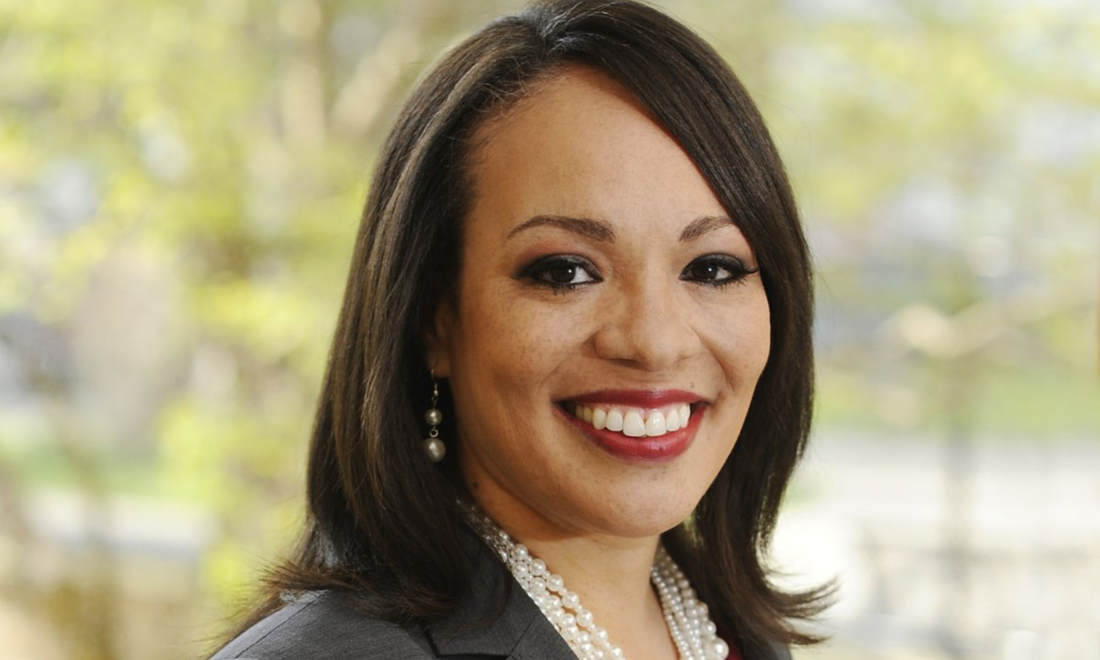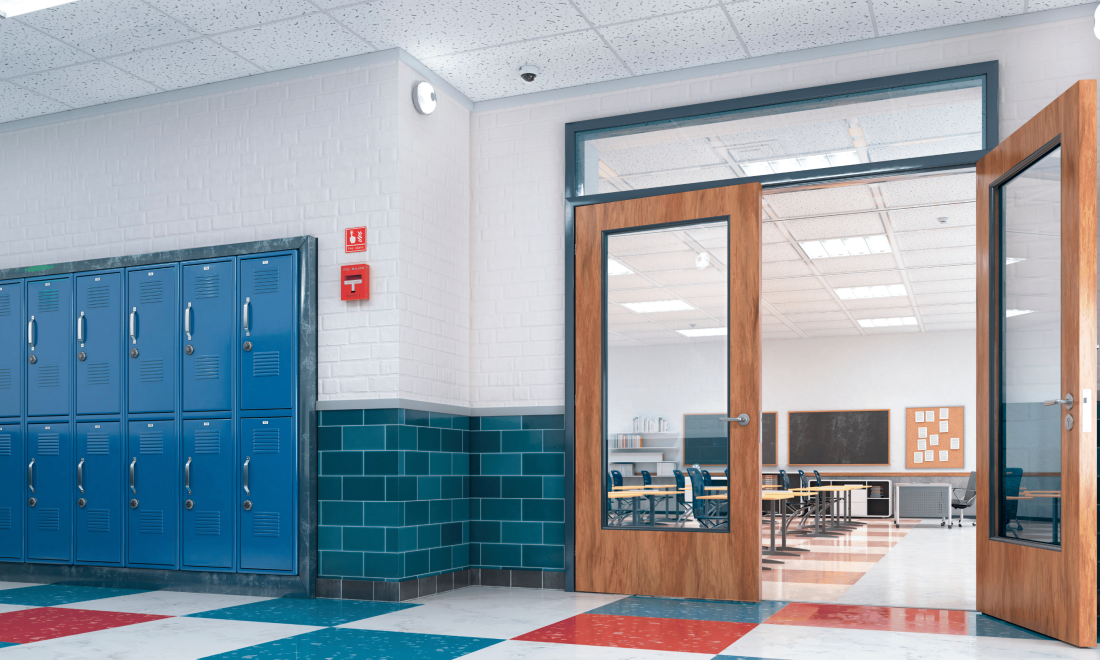NTC will close for a summer break from July 1 to July 14 and reopen on July 15. As we enter our summer break, we’re pausing operations to give our staff the time and space to rest and refuel for the…

We’ve heard it countless times before: now, more than ever. But those words are hitting home a bit harder. The teaching profession is at a crossroads. Staffing shortages, declining enrollment, and r…

This spring, join us for conversations on how strategic, supportive, and research-backed mentoring is exactly what we need to support new teachers coming to schools through multiple pathways.

EdWeek featured our guide on what separates strong mentoring and coaching from ineffective programs to take on teacher turnover.

The start of a new year invites reflection, recharging, and renewal.
I want to acknowledge the challenges we've faced over the past many months. The divisiveness in our world, catastrophic losse…

A new tool offers educators a step-by-step guide for creating professional learning initiatives that are well-structured, goal-oriented, and focused on measurable outcomes to drive real improvements i…

NTC is pleased to announce the appointment of renowned national education leader, Dr. Sharon L. Contreras to its board of directors.

Dr. Christy Harris is our new chief program officer. She joins NTC with an impressive background in educational leadership and a deep commitment to improving educational outcomes for students at all l…

This comprehensive resource offers educators, school leaders, and policymakers evidence-based insights into designing effective instructional coaching programs that significantly impact teaching quali…


